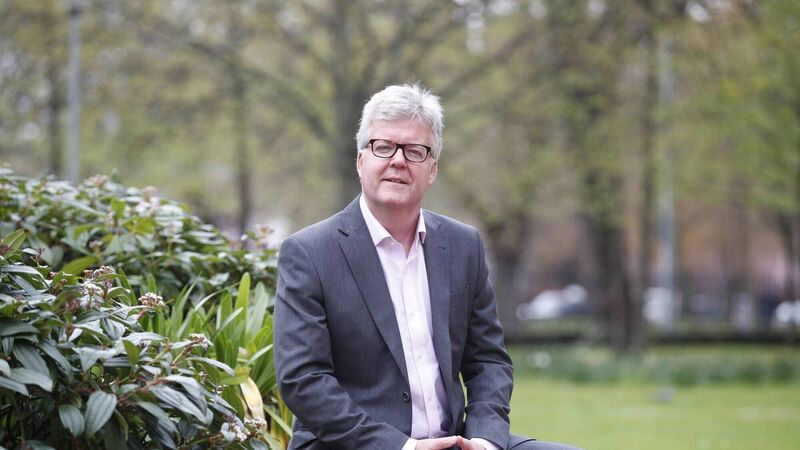More than 6,000 people languishing on homecare waiting lists

Michael Harty, founder of Homecare Direct. Picture: Conor McCabe Photography
There are now 6,059 mainly elderly people on homecare waiting lists, new HSE data shows as the crisis in carer numbers spirals.
Among this overall figure are 3,240 people waiting on a new service, meaning they have no carer hours at all currently. Some 2,819 were assessed as needing more help than they currently have, but extra carers cannot be found.










